
Kirk Ludwig
I work in epistemology, the philosophy of language, the philosophy of mind, and the philosophy of action, especially collective action. I have co-authored two books with Ernest Lepore on the work of Donald Davidson (Donald Davidson: Meaning, Truth, Language and Reality (OUP 2005) and Donald Davidson's Truth-theoretic Semantics (OUP 2007)) and edited a collection of essays that give an overview of Davidson's work for the Contemporary Philosophy in Focus series for Cambridge University Press (Donald Davidson (CUP 2003)). I am the co-editor of the Wiley-Blackwell Companion to Donald Davidson with Ernie Lepore. I am coeditor of the Routledge Handbook of Collective Intentionality with Marija Jankovic (Davidson College). I recently finished a two volume project titled, From Individual to Institutional Agency. The first volume is titled: From Individual to Plural Agency: Collective Action I (OUP Nov. 2016). The second volume is titled: From Plural to Institutional Agency: Collective Action II (OUP Dec. 2017).
Supervisors: Donald Davidson, Barry Stroud, and Bruce Vermazen
Phone: (812) 855-2404 (office)
Address: Philosophy Department
Indiana University
Bloomington, IN 47405-7005
http://www.indiana.edu/~socrates/
Supervisors: Donald Davidson, Barry Stroud, and Bruce Vermazen
Phone: (812) 855-2404 (office)
Address: Philosophy Department
Indiana University
Bloomington, IN 47405-7005
http://www.indiana.edu/~socrates/
less
Related Authors
Johannes Zachhuber
University of Oxford
Daniel D. Hutto
University of Wollongong
Galen Strawson
The University of Texas at Austin
Georg Theiner
Villanova University
Michael Spivey
University of California, Merced
Don Ross
University College Cork
Richard Menary
Macquarie University
Samia Hurst
Université de Genève
Mark Rowlands
University of Miami
Marc Champagne
Kwantlen Polytechnic University
InterestsView All (20)

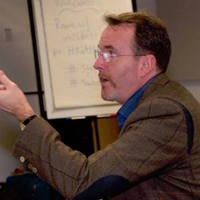
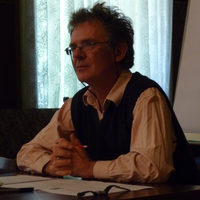
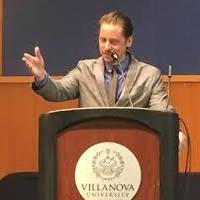

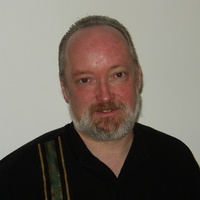



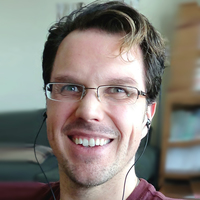
Uploads
Papers by Kirk Ludwig
The three central questions in the study of collective intentionality are:
(1) What is the ontology of collective intentionality? In particular, are groups per se intentional agents, as opposed to just their individual members?
(2) What is the psychology of collective intentionality? Do groups per se have psychological states, in particular propositional attitudes? What is the psychology of the individuals who participate in collective intentional behavior? What is special about their participatory intentions, their we-intentions, as they are called (Tuomela and Miller 1988), as opposed to their I-intentions?
(3) How is collective intentionality implicated in the construction of social reality? In particular, how does the content of we-intentions and the intentional activity of individual agents create social institutions, practices and structures?